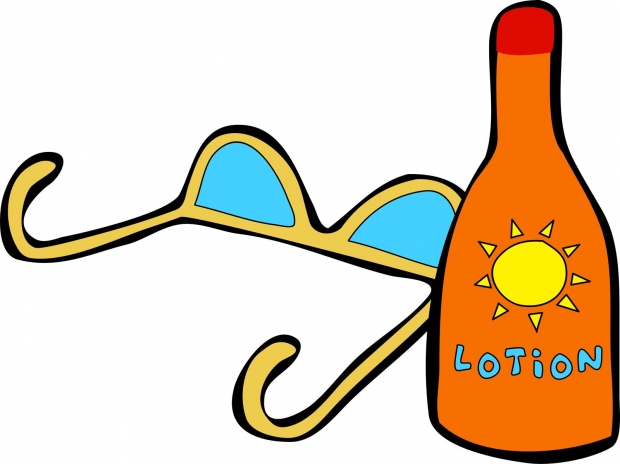The National Sleep Foundation is celebrating its annual Sleep Awareness Week to raise awareness for the health benefits of sleep and tips for a better night’s rest. In the US, Sleep Awareness Week ends with Daylight Savings Time—the night many associate with losing an hour of sleep.
Sleep disturbances and daytime sleepiness are telling signs of poor sleep hygiene. If you are experiencing a problem sleeping, it is a good idea to evaluate your bedtime routine. It may take time to notice any positive effects from changing your sleep habits. If sleep has been a long-term problem, consulting your doctor or a sleep specialist may lead to a diagnosis of a sleep disorder such as insomnia or sleep apnea. Any evaluation would likely improve the treatment suggested toward healthy sleep.
 Up to 70 million Americans have a sleep disorder; however, more than 40 million don’t get properly diagnosed or treated. People may be unaware of sleep interruptions, or may not think it is a serious problem worth bringing to the attention of their doctors. A survey of 4,023 US adults by Consumer Reports found 27% reporting they had trouble falling asleep or staying asleep most nights, and 68% struggled with sleep at least once a week. Americans spent an estimated $41 billion on sleep aids and remedies in 2015.
Up to 70 million Americans have a sleep disorder; however, more than 40 million don’t get properly diagnosed or treated. People may be unaware of sleep interruptions, or may not think it is a serious problem worth bringing to the attention of their doctors. A survey of 4,023 US adults by Consumer Reports found 27% reporting they had trouble falling asleep or staying asleep most nights, and 68% struggled with sleep at least once a week. Americans spent an estimated $41 billion on sleep aids and remedies in 2015.
Continually getting less than 7 hours of sleep can contribute to multiple health risks: depression, heart disease, lowered immunity, obesity, and type 2 diabetes. A recent Gallup Poll found that Americans are working an average of 44 hours per week—the longest workweek in the history of Gallup’s work survey. A record-high 17% of US adults report working 60 or more hours per week, leaving less time for sleep. Working longer hours leaves other activities to the end of the day and inevitably cut into sleep time.
With more than half of those with a sleep disorder going undiagnosed, it is easy to see the importance of sleep health awareness. Sleep Awareness Week is vital to public health, especially leading up to the Daylight Savings “spring” forward. Following tips for good sleep hygiene can make adjusting easier and improve productivity:
- Avoid napping during the day. It can disturb your normal sleep pattern, making sleeping at night difficult.
- Avoid stimulants such as caffeine, nicotine, and alcohol too close to bedtime. While alcohol is a depressant, it disrupts sleep in the second half as the body begins to metabolize.
- Exercise can promote good sleep. Vigorous exercise should be done in the morning or late afternoon. Relaxing exercise such as stretches or yoga before bed can help initiate a restful night’s sleep.
- Food can be disruptive right before sleep. Stay away from large meals close to bedtime. Dietary changes can cause sleep problems as well.
- Ensure adequate exposure to natural light. Different levels of sunlight throughout the day help maintain a healthy sleep-wake cycle (circadian rhythm) with natural cues.
- Establish a regular bedtime routine. Do something to wind down. Try to avoid emotional conversations and activities before trying to sleep. Dwelling on problems can be a major factor affecting sleep.
- Associate your bed with sleep. It is not a good idea to watch TV, listen to the radio, or read in bed. Light, particularly blue light from screens, affects the wakefulness of one’s mind and can be detrimental to sleep.
Good sleep hygiene promotes healthy sleep and daytime alertness. A full night’s rest helps improve memory; reduce inflammation linked to heart disease, diabetes, and arthritis; inspire creativity; sharpen attention spans; promote healthy weight; lower stress; avoid accidents; and stave off depression.
NeedyMeds has a growing list of programs in our Diagnosis-Based Assistance database for sleep disorders. NeedyMeds’ unique crowdfunding platform HEALfundr is also available for individuals trying to raise funds for the treatment or diagnostic tests for a sleep disorder. If you know of any programs assisting individuals with sleep disorders that we don’t have listed on our site, please leave a comment and let us know about it.





2 Comments